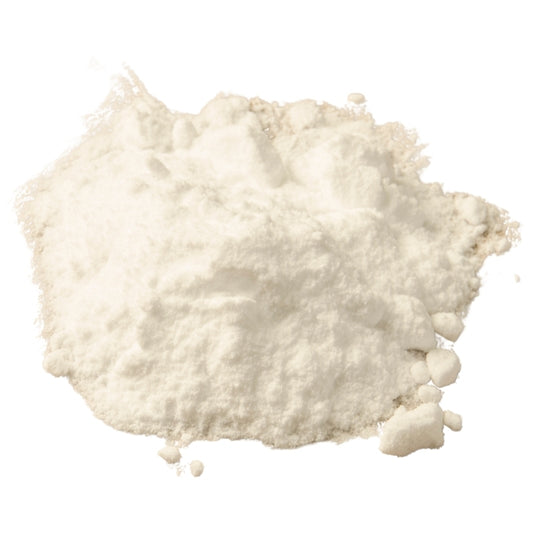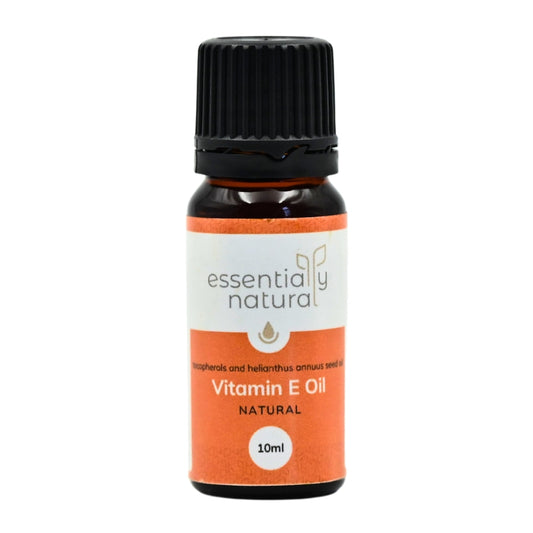
DIY Deodorant With Zinc Ricinoleate
Juliette van der MeerI first started making deodorant in high school, after my mom started making her own. It was the classic baking-soda based recipe that is all over the internet, and it does absolutely work.
See the video on making it here:
However after using it for 4 years at university (it held up through lectures, sports and sweaty nights out at the club), I developed a rash. This was due to the high pH of baking soda applied directly to skin, and also possibly irritation from the copious amounts of peppermint essential oil I used to throw in (back then little me wasn't really concerned amount measuring, or exact formulation, or essential oil dermal limits, shame). So I stopped using it and have used a store bought deo ever since. It's one of only two products that I don't make for myself, the other being toothpaste.
However I've been meaning to experiment with zinc ricinoleate which is a natural odour absorber, and has potential to make a great deo.
What Is Zinc Ricinoleate?
Zinc ricinoleate is the zinc salt of ricinoleic acid, a major fatty acid found in castor seed oil. It has the ability to bind odour-forming molecules, trapping and absorbing them.
In spite of this being known, the ingredient is somewhat enigmatic, and not many formulations exist out there that use it. The supplier's manufacturing instructions on the technical sheet are vague, but I went onto their website and found some guideline formulations. As is the case with many suppliers, their formulations are often not natural and make use of all kinds of ingredients that don't meet our ingredients' policy, so I end up having to just do my own experiments. Which is a good thing!
How Do I Use Zinc Ricinoleate?
Zinc Ricinoleates Usage Rate
With a recommended usage rate of 1-10%, I like to start in the middle so we're working with 5% zinc ricinoleate. You are welcome to increase this and adjust the formulas accordingly if you would like to try it at a higher percentage.
Zinc Ricinoleates Solubility
It is a water soluble ingredient, so great for liquid, water-based sprays or even roll ons, but if you wanted to make some kind of stick-deo formulation, you could simply employ an emulsifier and a bunch of waxes and thickeners to incorporate it.
Choices While Formulating
I personally do prefer a spray deo and something that dries fast and isn't sticky or oily. One of the supplier formulations made use of alcohol for its quick-drying abilities, and while I don't want to spray alcohol on my skin, it is a key ingredient in many deodorants. However we can use witch hazel distillate (which contains some naturally occurring alcohol) in place of pure alcohol. If you don't have witch hazel you could in theory use another hydrosol or even just plain water.
I'm using the potassium sorbate/sodium benzoate preservative system as it is a scentless powder, but feel free to use Geogard or even Saliguard SP if you prefer.
Simple Spray Deo
Ingredients:
- 5% zinc ricinoleate
- 94.3% hydrosol / witch hazel / water
- 0.4% sodium benzoate
- 0.2% potassium sorbate
- 0.1% citric acid
Equipment:
- Beaker
- Spatula
- Scale
- Spritzer bottle
Method:
- Weigh out all the ingredients and mix them together in a beaker.
- Test and adjust the pH down to skin levels of around 4.5-5.5 with more citric acid if required.
- Pour into a spritzer bottle.
To use, spritz a few pumps onto your underarms and allow to dry. Reapply during the day if required.


















